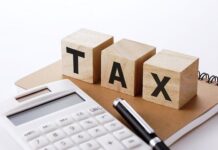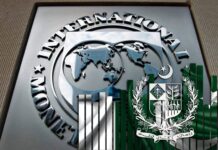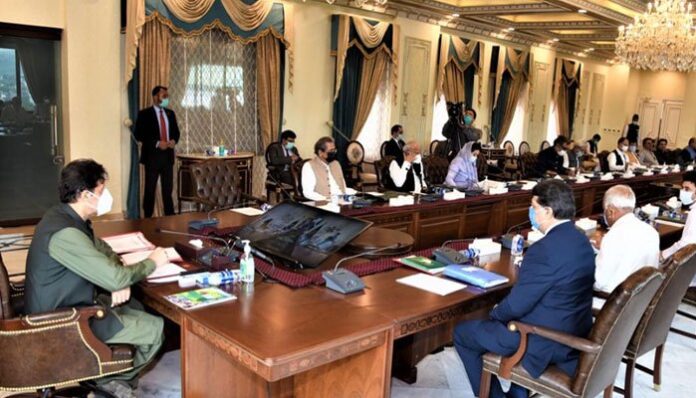ISLAMABAD: The Economic Coordination Committee (ECC) of the Cabinet has constituted a sub-committee for further deliberations on approval of Rs 89.86 billion as the first payment to the Independent Power Producers (IPPs).
The decision to constitute a sub-committee was taken at a meeting of the ECC on Wednesday. The sub-committee will be chaired by the federal minister for finance and will have ministers and secretaries from energy, petroleum, and other concerned ministries for further deliberations.
The sub-committee would present a firmed-up proposal before the next ECC meeting for consideration and approval.
At the meeting, the Power Division presented a summary regarding the release of the first installment of Rs80.86 billion payment to the IPPs.
The Cabinet Committee on Energy (CCoE) and ECC had approved the payment mechanism and agreements with IPPs on the recommendation of the implementation committee in meetings held on February 8 this year, and the same was ratified by the cabinet on February 9.
The payment mechanism approved required the first installment of 40 per cent of the payables to IPPs (as these stood on November 30, 2020) to be paid within thirty business days of the signing of the agreement for IPPs under the pre-NEPRA regime, and within five business days of notification of revised tariff determination for IPPs under NEPRA regime.
NEPRA has issued the revised tariff determination for all the twenty-four IPPs, which have signed agreements including twelve 1PPs under the 2002 Power Policy and twelve IPPs under the 2006 RE Policy. Accordingly, the first installment will become due within five business days of its notification which was pending with the government of Pakistan.
It was also informed by the Power Division that NEPRA has issued the determinations mentioned on April 6, 2021, while the Federal Board of Revenue (FBR) had also initiated the process to look into the matter of “taxation of the contractors at 4 per cent of the relevant payment” in respect of the 1PPs under 1994 Policy.
According to sources, the Finance Division has asked for a summary to be moved to ECC for seeking Supplementary Grant/Technical Supplementary Grant on account of outstanding subsidy claims of the fiscal year 2019-20 and 2020-21 under the Power Division’s demand for the financial year 2020-21 for release of payment to IPPs.
The power division has proposed that the FBR may review the matter of taxation of contractors at the rate of 4 per cent and such recoveries may be made from future payables of the relevant IPPs after the determination of FBR.
Similarly, payments to all 1PPs under Power Policy 2002, which have signed agreements pursuant to MOUs, may be withheld, till the conclusion of the NAB investigation.
Moreover, the government may also suspend the process of signing arbitration submission agreements with IPPs under the 2002 Power Policy, and notification of their revised tariff as determined by NEPRA, till the conclusion of the NAB investigation.
In addition to this, the power division also proposed to proceed with payments to all other IPPs according to the signed agreements and to take any other action ancillary thereto which may assist NAB investigation.
A finance ministry handout states that the Power Division presented another summary before the committee regarding the release of the first installment of payment to the Independent Power Producers.
Meanwhile, the Power Division also submitted a summary regarding the release of subsidy for the supply of 100 per cent RLNG to export-oriented industries for the month of March 2020. The ECC approved the summary and decided to form a sub-committee consisting of adviser to PM on Commerce, Special Assistant to Prime Minister (SAPM) on Power and other relevant stakeholders to review the power subsidies provided to export-oriented sectors, with a direction to submit a holistic proposal before the ECC.
The ECC also approved the technical supplementary grants worth approximately Rs41million for the Law and Justice Division, Ministry of Human Rights, and Ministry of Housing and Works.

























What’s the schedule for the next meeting?